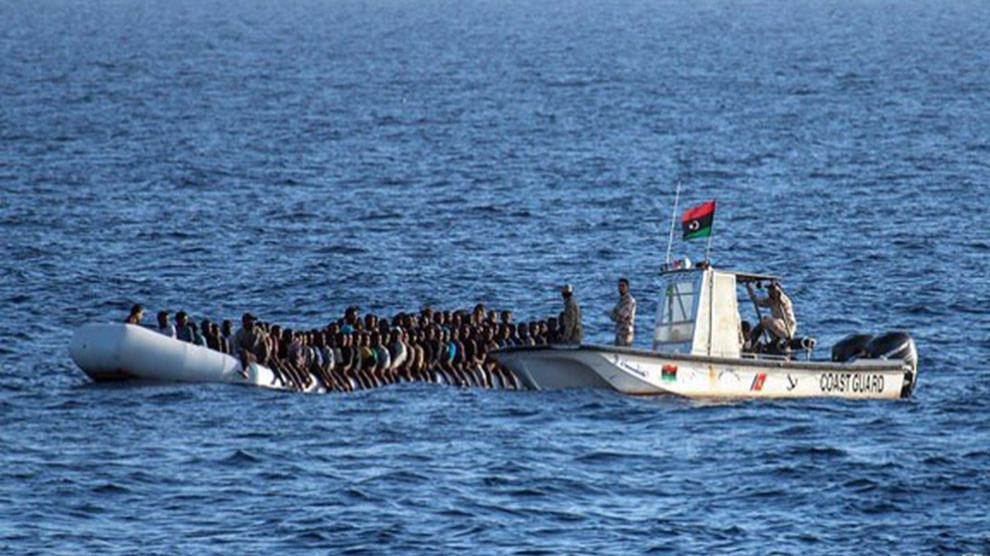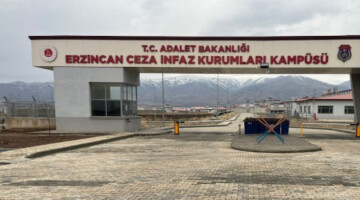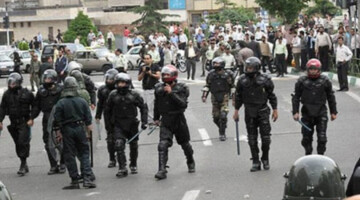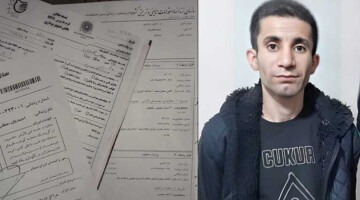UN Secretary-General Antonio Guterres has called for the closure of migrant detention centers in Libya, denouncing what he called rights violations committed there.
In a report submitted on Thursday to the UN Security Council, Guterres said: “Nothing can justify the horrendous conditions under which refugees and migrants are detained in Libya.”
“I renew my appeal to the Libyan authorities... to fulfill their obligations under international law and to close all detention centers, in close coordination with United Nations entities,” he said.
According to the secretary-general’s report, more than 2,780 people were being detained as of July 31 in centers across Libya. Twenty-two percent of the detainees were children.
“Children should never be detained, particularly when they are unaccompanied or separated from their parents,” Guterres said, calling on Libyan authorities to ensure the children are protected until “long-term solutions” are found.
The UN chief cited reports of torture, enforced disappearances, and sexual and gender-based violence in the centers, committed by those running the facilities.
He also mentioned a reported lack of food and health care.
“Men and boys are routinely threatened with violence when they are calling their families, to pressure them to send ransom money,” he wrote.
“Migrants and refugees have been shot at when they attempted to escape, resulting in injuries and deaths,” the report said, alleging that some are even “left on the streets or bushes to die” when they are deemed too weak to survive.
In centers where arms and munitions are stored, some refugees and migrants are recruited by force, while others are forced to repair or reload firearms for armed groups, it said.
More than a year after a July 2019 air strike killed more than 50 refugees and migrants and wounded dozens more at a detention center near Tripoli, no one has been forced to account for the deaths, Guterres said.
Libya has been in chaos ever since the 2011 overthrow and killing of dictator Muammar Gaddafi in a NATO-backed uprising, with warring rival administrations battling for power.
Since the downfall of Gaddafi, Libya also has become a key route for irregular migration from Africa into Europe, across the Mediterranean Sea.















